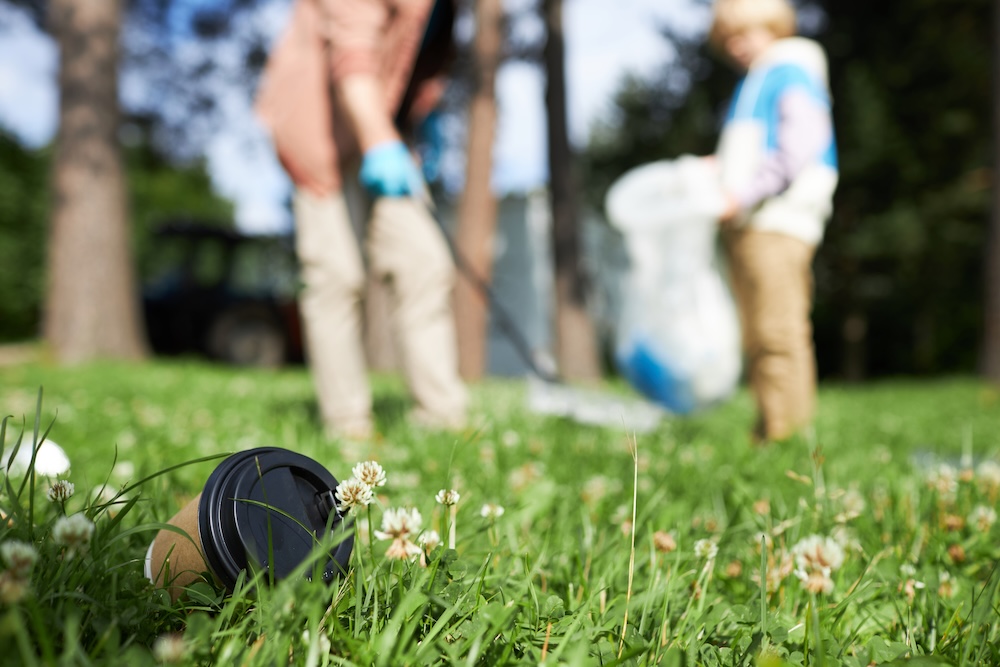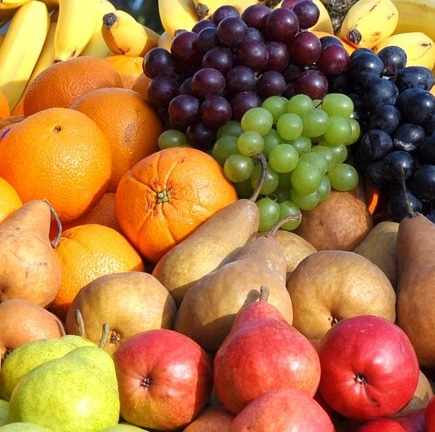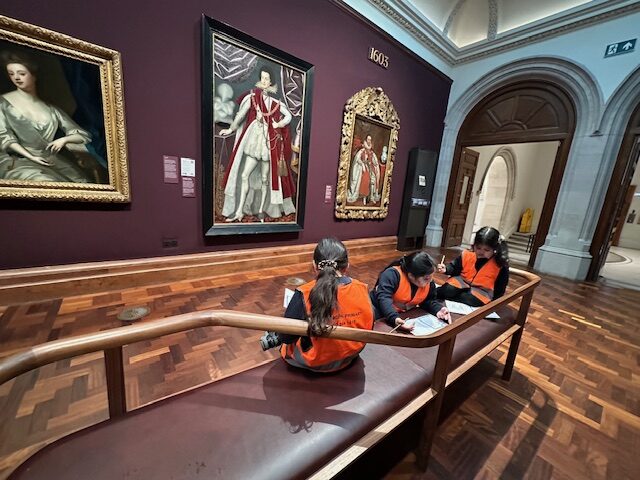Jan 30th
Litter Pick
St Nicholas Church is running a litter pick to make cleaner and greener and is looking for people to join in.
Jan 29th
Year 1 Intervention Class Newsletter
An update on what we’ve been doing in Class 1E over the last few weeks.
Jan 28th
Culloden Selected for Solar Power Scheme
Not only will we be generating clean energy, we will be cutting our electricity costs and reinvesting the savings back into the school.
Jan 27th
Message from Bridget Phillipson
The Secretary of State for Education has written to us in recognition of our excellent outcomes for disadvantaged pupils.
Jan 21st
Ramadan 2026
As we approach the Muslim holy month of Ramadan we would like to remind you of some considerations regarding children fasting at school.
Jan 21st
Is My Child Too Ill For School?
The Department for Education has provided school leaders with a clinical and public health perspective on mild illnesses and school attendance.
Jan 20th
Year 1 Visit To The National Portrait Gallery
Both visitors and NPG staff commented on the exemplary behaviour of our young pupils.









